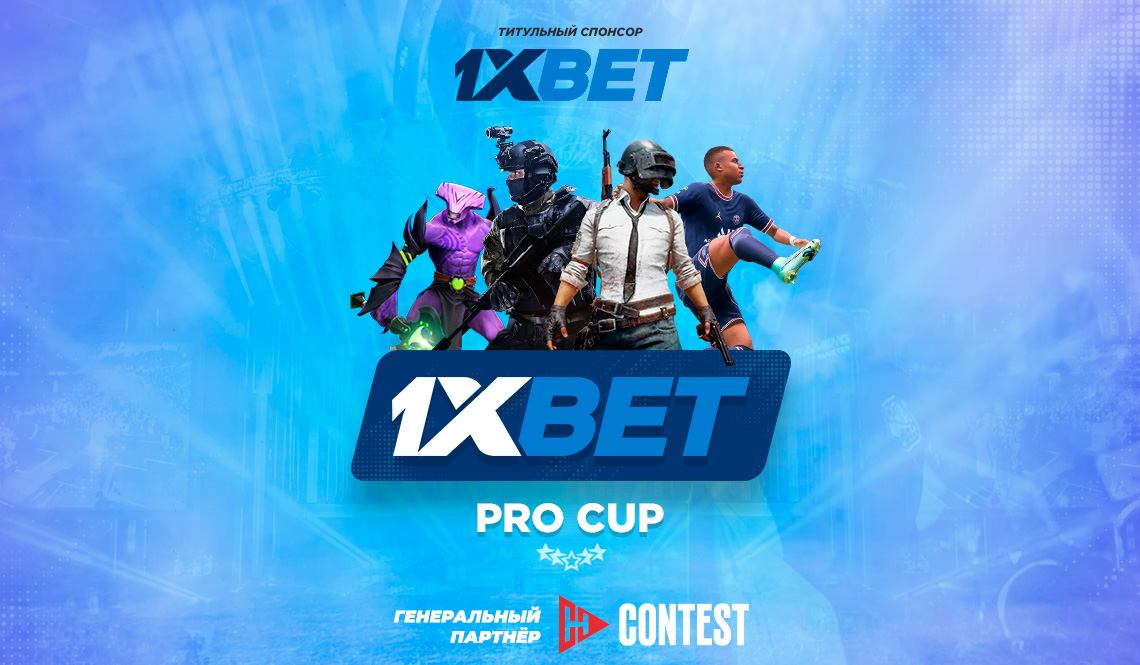
Whether you are new to wagering or an experienced punter sharpening your edge, understanding the foundations of a successful sport bet portfolio is essential. For those who prefer mobile convenience, consider options like sport bet 1xbet ios as one of many platforms that enable fast, on-the-go staking. This article outlines practical strategies, common mistakes to avoid, and ways to make smarter decisions while keeping risk and responsibility at the forefront.
At its core, sports betting is an exercise in value assessment. A bet is profitable when the probability you assign to an outcome is higher than the implied probability reflected in the bookmaker’s odds. Professional bettors focus less on winning individual bets and more on finding positive expected value (EV) over the long run. To do this, you must develop an independent model or method for estimating probabilities, rather than relying solely on tips or public opinion.
Bankroll management is the backbone of longevity. Treat your betting funds as a dedicated bankroll separate from living expenses. Determine a staking unit — a small percentage of your bankroll that you will use as the base size for most bets. Many experienced bettors recommend staking 1–3% per flat bet, adjusting slightly for confidence but avoiding extremes. Use staking plans to protect against variance: Kelly criterion can maximize long-term growth when your edge and probability estimates are accurate, but it requires disciplined input data and can be volatile. Simpler fractional Kelly or flat staking often serve recreational and semi-professional bettors better.
Market selection matters. Different sports and markets offer different edge opportunities. Major football leagues attract high liquidity and efficient pricing, which means fewer obvious edges for the average bettor. Niches such as lower-division matches, handicaps, in-play markets, or specialized markets (corners, cards, props) can be less efficient, presenting chances for knowledgeable bettors to exploit information asymmetries. Specialization helps: focus on a sport or market where you can gain an informational advantage — local knowledge, statistical models, or timely news — and study it deeply.

Data and analytics are powerful tools. The modern sport bet environment rewards bettors who quantify uncertainty and test hypotheses objectively. Build or adopt statistical models that incorporate relevant variables: team form, injuries, rest, travel, weather, head-to-head history, and situational incentives. Backtest models on historical data to understand their predictive power and limitations. Use probabilities from your model to compare against bookmaker odds and determine value. Remember that overfitting is a common pitfall: models that perform well historically may fail in live markets if they capture noise rather than signal.
Line shopping is a simple but often overlooked strategy. Different bookmakers post different odds and limits. Having accounts with multiple operators allows you to take the best available price, which improves your long-term expected returns. Even small differences in odds compound over many bets, so invest time in maintaining accounts and checking lines before placing wagers.
Live
(in-play) betting offers dynamic opportunities but requires lightning-fast decision-making and discipline. Live markets can swing quickly as new information emerges — a red card, injury, or tactical change can alter probabilities within minutes. The key to successful in-play betting is preparation and specialization: know which game states produce favorable edges and have rules for reacting to events. Automation and streaming data can help sophisticated bettors act faster than manual processes, but beware of execution risk and reduced liquidity in volatile moments.
Psychology and discipline are often the deciding factors between profitable and losing bettors. Common cognitive biases — confirmation bias, recency bias, and the gambler’s fallacy — influence perceptions of skill and luck. Keep records of every bet, including the rationale and expected value, and review performance periodically. A disciplined approach includes setting loss limits, defining staking rules in advance, and resisting the urge to chase losses or increase stakes after a streak of bad luck. Emotions cloud judgment; rules and pre-commitments keep strategy intact.
Understanding odds formats and implied probabilities is fundamental. Decimal, fractional, and American (moneyline) odds all express the same information in different forms. Convert odds to implied probability and compare with your estimates. Beware of the bookmaker margin (vig) — the built-in edge that ensures profit for the house — and look for markets where the margin is lower or where promotions reduce it. Exchanges and peer-to-peer markets sometimes provide lower margins but require familiarity with commission structures and partial fills.

Risk management extends beyond bankroll allocation. Consider event correlation: placing multiple bets that depend on the same underlying factor increases variance. Diversify your portfolio by mixing short-term and long-term bets, across different sports and markets. Hedging can lock in profits or reduce exposure when market prices move favorably; however, excessive hedging reduces potential upside and can erode long-term EV if used indiscriminately.
Promotions, bonuses, and free bets can be useful when used strategically. Read terms and conditions carefully: wagering requirements, odds restrictions, and withdrawal rules can negate perceived advantages. Use bonuses to enhance value when they align with your betting plan and you can meet roll-over conditions without compromising your model or risking excessive funds.
Legal and ethical considerations matter. Ensure you understand the regulatory environment in your jurisdiction: tax obligations, licensing status of bookmakers, and age restrictions. Responsible gambling is not optional: set deposit and time limits, self-exclude if necessary, and seek support if betting causes harm. Betting should be treated as entertainment with a cost of participation, not a guaranteed income stream.
Continuous learning is essential. Follow reputable analytics resources, read academic literature on predictive modeling, and participate in focused communities where strategies are debated constructively. Maintain a learning log: record why a strategy worked or failed, update models with new data, and remain adaptive. Markets evolve as bookmakers refine pricing algorithms and public behavior shifts, so staying static risks losing an edge.
Finally, cultivate realistic expectations. Even the best bettors experience losing streaks and variance. The goal is to find positive EV opportunities and manage risk so that skill, not luck, determines success over the long term. Balance ambition with prudence: pursue edges where you have information and expertise, manage your bankroll conservatively, and prioritize responsible play. With discipline, analysis, and a patient mindset, sport bet activity can become a more informed, controlled, and potentially rewarding pursuit.